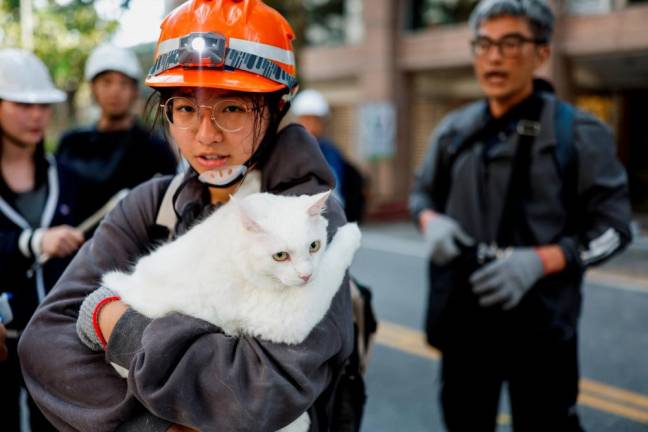PETALING JAYA: Asean’s economic policy responses to Covid-19 must address short-term relief and long-term survival for businesses as the region is well placed to thrive on post-pandemic trade regionalisation with true economic integration, according to the first online Asean Roundtable Series organised by CIMB Asean Research Institute (CARI).
Sintesa Indonesia CEO and Indonesian Chamber of Commerce and Industry deputy chairman of international relations Shinta Widjaja Kamdani said all policy responses and government spending that are aimed at alleviating financial burdens on business, such as reducing tax and credit burdens as well as compliance cost, will translate into survivability for business in the longer term.
She said the pandemic has shown that regulatory efficiency; the accuracy of the overall economic activities data; interconnectivity and diversification of supply chain, are capital that saves the Asean economy in a crisis.
“Although the importance of these aspects may vary in each country, some will be more pronounced than others in the long run when the industries consider their future business plans,” said Shinta.
On the stimulus measures announced by several Asean governments, the panellists said it was timely but the assistance for SMEs is limited and targeted at providing support and relief in the short term.
“Most of the stimulus packages have been focused on ameliorating the pain of a sudden sharp drop in demand, through some combinations of wage assistance, fees rebates or deferrals as well as loan support. New rounds of support should go beyond the short term.
“With continued social distancing until a vaccine is widely available, there will be reduced demand for industries such as travel, hospitality, F&B, retail, energy, and therefore longer-term support for a year would be required,” said Kearney Singapore partner Chua Soon Ghee.
He noted that critically, governments need to help SME address cash flow problems directly by providing loan support to keep SMEs afloat until demand goes back to normal.
Equally important is the need to debottleneck the assistance to the SMEs due to slow flow through within the channels which are expected to distribute the benefits to downstream companies.
Chua pointed out that diversifying supply chains is necessary, and should involve reducing the region’s overdependence on Chinese manufacturers and raw materials.
“The sudden China shutdown triggered a global supply chain shock and will accelerate the movement of some manufacturing from China to Asean and elsewhere. China has a 28% share of global manufacturing, while Asean is only at 4-5%. For those countries who are prepared with policy tools such as incentives and schemes, this will be a golden opportunity,” he observed.
Map Ta Phut Industrial Gasses Co Ltd Thailand chairman Arin Jira said the lack of digital literacy is another key issue which has to be addressed.
“The acceleration of digitalisation, however, has brought to fore the digital literacy gap in the market, while some businesses are still playing catch up to digitalisation. Policymakers need to focus on providing capacity building to MSMEs on how to navigate and adjust to the new business environment, in particular on how to leverage digital technologies.” he said.
The panel observed that e-commerce and online businesses were already growing quickly in Asean prior to the outbreak, but most businesses will now consider e-commerce as a necessity rather than a luxury.










